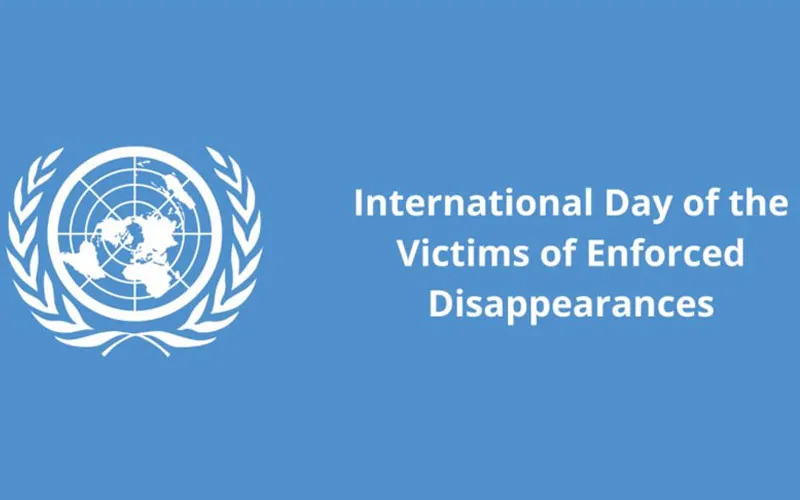Harare, 31 August, 2021 / 8:19 pm (ACI Africa).
On the commemoration of the International Day of the Victims of Enforced Disappearances, members of the Churches Converge on Conflict and Peace (CCCOP) in Zimbabwe, a consortium of church organizations working for peace, have called on their country’s government to bring all cases of missing persons to a close.
In their statement issued Monday, August 30, officials of the organization to which the Catholic Commission for Justice and Peace Zimbabwe (CCJPZ) is a member say the Southern African nation has had a history of enforced disappearances.
“This day should be a reminder to the government to intensify the search for missing persons and to take all measures possible to prevent such occurrences and put an end to such crimes by ensuring compensation to victims and making perpetrators accountable,” CCCOP members say in the statement issued on the day of the commemoration that was established in December 2020 by the United Nations.
They add that the Zimbabwean government, through National Peace and Reconciliation Commission, "should help in investigating all cases of disappearances in order to bring closure.”
CCCOP members note that Zimbabwe experienced enforced disappearances in previous years especially during the 1983 to 1987 Gukurahundi period.








